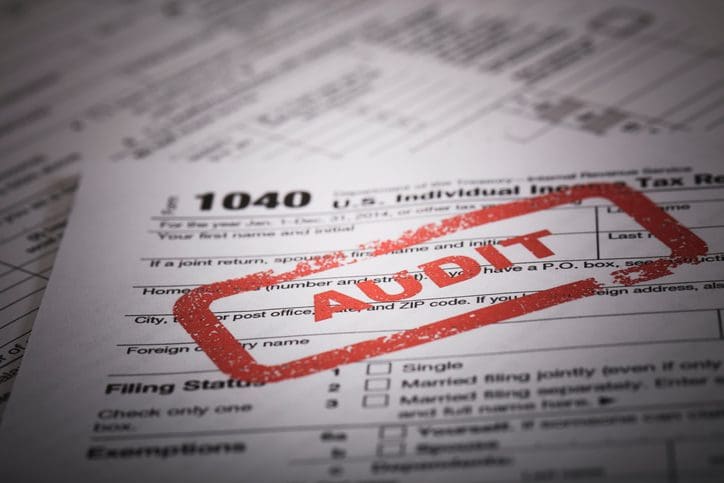by Eric Kinaitis
According to a recent study, Americans gave over $427 billion to charity in 2018, with nearly 68% of that amount coming from individuals.

A cancelled check, credit card charge, payroll stub, thank you letter or other statement alone is not sufficient to secure a charitable contribution deduction. It is the donor’s responsibility to make sure they receive a CWA. It is the donor that suffers the consequences of failing to have a CWA.
“It is not uncommon to find that smaller charitable organizations fail to provide CWAs. We frequently notify our clients to get the CWA before filing,” said Mark Miller, previously a CPA & Tax Partner, Sikich LLP in Milwaukee.
Each donation is generally viewed separately for purposes of measuring the $250 substantiation threshold unless a donor intentionally makes multiple, smaller gifts to avoid the substantiation requirements.
The CWA must include:
- The name of the charity receiving the gift;
- The amount of the cash contribution;
- A description(but not the value) of any non-cash contribution;
- A statement that no goods or services were provided by the charity, (if that was the case) or conversely, a description and good faith estimate of the value of goods & services that the charity provided in return for the gift;
- A statement that goods or services, if any, that a charity provided in return for the gift was entirely of intangible religious benefit.
Furthermore, in order to satisfy the “contemporaneous” requirement, the CWA must be obtained by the donor no later than the earlier of the date for which the tax return was actually filed or the due date (including extensions) for the year in which the gift was made. Additional substantiation requirements are required for the donation of non-publicly traded securities valued at more than $5,000.
Other pertinent criteria include:
- For gifts of property other than cash, a taxpayer must have a CWA that includes the name of the charity receiving the property, the date & location of the property, and description of the property;
- The amount of the allowable deduction is the fair market value of the property at the time of the contribution;
- For contributions valued in excess of $5000, a qualified appraisal by a qualified appraiser is also required.
An area where many donors run afoul of the IRS requirements is failing to meet the “contemporaneous” requirement. A review of various Tax Court findings provides a list of bad outcomes that have befallen donors who failed to meet the test of an appropriate contemporaneous written acknowledgement:
- A business had a $64 million charitable contribution disallowed because the written acknowledgement was not contemporaneous nor did it explicitly state that no goods or services were provided in consideration of the gift.
- A couple had over $25,000 in church contributions disallowed for the same reasons. The Tax Court did not dispute that the charitable contributions were in fact made, but still disallowed the deduction because the taxpayer failed to comply with the substantiation requirements.
Other failures of proper recordkeeping include:
- A property owner who had a $1.8 million real estate contribution disallowed because the Form 8283 was not signed.
- A married couple who funded a charitable remainder trust with $18.5 million in real estate and had their deduction completely disallowed because they failed to provide the proper appraisals of the property.
How Can Donors Avoid Such Misfortune? Use a Donor Advised Fund
With a donor-advised fund (DAF), when a donor transfers cash or other investable assets into their fund, they receive a CWA from the DAF administrator. Here at AEF, since the charitable donation occurred at the moment the donor transferred assets into their AEF DAF as opposed to when grant requests are made, donors enjoy the certainty of having the contemporaneous written acknowledgement that they need for their tax deduction.
At American Endowment Foundation (AEF), regardless if a donor desires to donate cash or has more complex assets that they wish to transfer into their AEF Donor Advised Fund, we have the expertise and experience to provide some of the best guidance available. Call at 1-888-660-4508; we look forward to helping you.